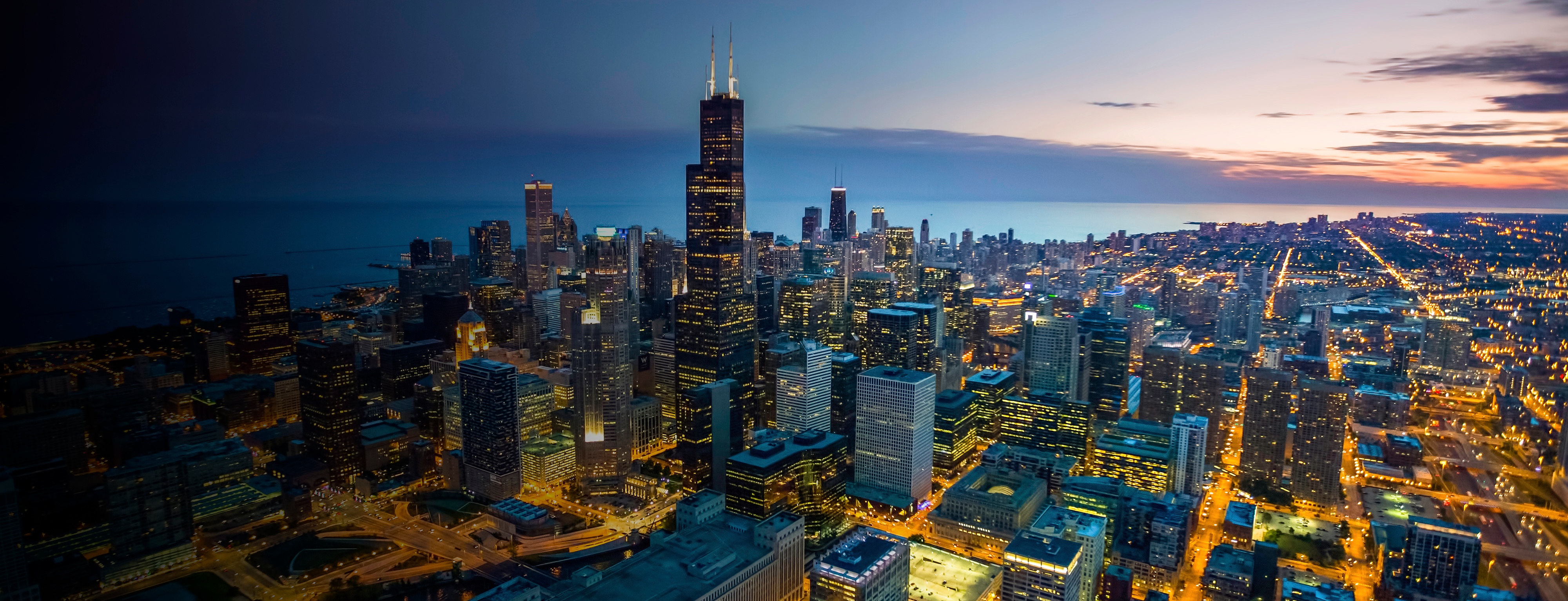 Illinois Drone Laws
Illinois Drone Laws
State Rules and Regulations

State Rules and Regulations
Federal airspace laws take precedence over state drone laws. If a state or local law directly conflicts with FAA regulations, the state or local law is likely to be invalidated.
“Drone” means any aerial vehicle that does not carry a human operator.
“Authority” means the Illinois Criminal Justice Information Authority.
“Information” means any evidence, images, sounds, data, or other information gathered by a drone.
“Law enforcement agency” means any agency of this State or a political subdivision of this State which is vested by law with the duty to maintain public order and to enforce criminal laws.
725 ILCS 167/ - Freedom from Drone Surveillance Act
Sec. 10. Prohibited use of drones. Except as provided in Section 15, a law enforcement agency may not use a drone to gather information.
Sec. 15. Exceptions. This Act does not prohibit the use of a drone by a law enforcement agency:
Sec. 20. Information retention. If a law enforcement agency uses a drone under Section 15 of this Act, the agency within 30 days shall destroy all information gathered by the drone, except that a supervisor at that agency may retain particular information if:
Sec. 25. Information disclosure. If a law enforcement agency uses a drone under Section 15 of this Act, the agency shall not disclose any information gathered by the drone, except that a supervisor of that agency may disclose particular information to another government agency, if:
activity, or
Sec. 30. Admissibility. If the court finds by a preponderance of the evidence that a law enforcement agency used a drone to gather information in violation of the information gathering limits in Sections 10 and 15 of this Act, then the information shall be presumed to be inadmissible in any judicial or administrative proceeding.
Sec. 35. Reporting.
(a) If a law enforcement agency owns one or more drones, then subsequent to the effective date of this Act, it shall report in writing annually by April 1 to the Authority the number of drones that it owns.
(b) On July 1 of each year, the Authority shall publish on its publicly available website a concise report that lists every law enforcement agency that owns a drone, and for each of those agencies, the number of drones that it owns.
Sec. 40. Law enforcement use of private drones.
(a) Except as provided in Section 15, a law enforcement agency may not acquire information from or direct the acquisition of information through the use of a drone owned by a private third party. In the event that law enforcement acquires information from or directs the acquisition of information through the use of a privately owned drone under Section 15 of this Act, any information so acquired is subject to Sections 20 and 25 of this Act.
(b) Nothing in this Act prohibits private third parties from voluntarily submitting information acquired by a privately owned drone to law enforcement. In the event that law enforcement acquires information from the voluntary submission of that information, whether under a request or on a private drone owner’s initiative, the information is subject to Sections 20 and 25 of this Act.
720 ILCS 5/48-3 Criminal Code of 2012. - Hunter or fisherman interference
A person commits the crime of “hunter or fisherman interference” when they use a
drone to interfere with someone’s lawful hunting or fishing or animals. The statute does not apply to law enforcement personnel, officers of the U.S. Fish and Wildlife Service, and employees of the Department of Natural Resources, as long as their actions are authorized by law and necessary for the performance of their duties.
Overview of drone rules and regulations.
.png?width=2030&height=497&name=Background%20(1).png) Airsight is a leading sUAV security software company that specializes in delivering sUAV Airspace Detection Solutions for Critical Infrastructures, Universities, Spectator Sports, Prisons, Events, and more. Our UAV security experts integrate projects of all scopes and sizes nationwide, through a top consultative approach, to deliver the best UAV turnkey detection solution to secure your airspace. Connect with us today to discover which on our drone detection packages works best for your environment.
Airsight is a leading sUAV security software company that specializes in delivering sUAV Airspace Detection Solutions for Critical Infrastructures, Universities, Spectator Sports, Prisons, Events, and more. Our UAV security experts integrate projects of all scopes and sizes nationwide, through a top consultative approach, to deliver the best UAV turnkey detection solution to secure your airspace. Connect with us today to discover which on our drone detection packages works best for your environment.
Dallas1202 Richardson Dr # 304 Dallas texas 75206